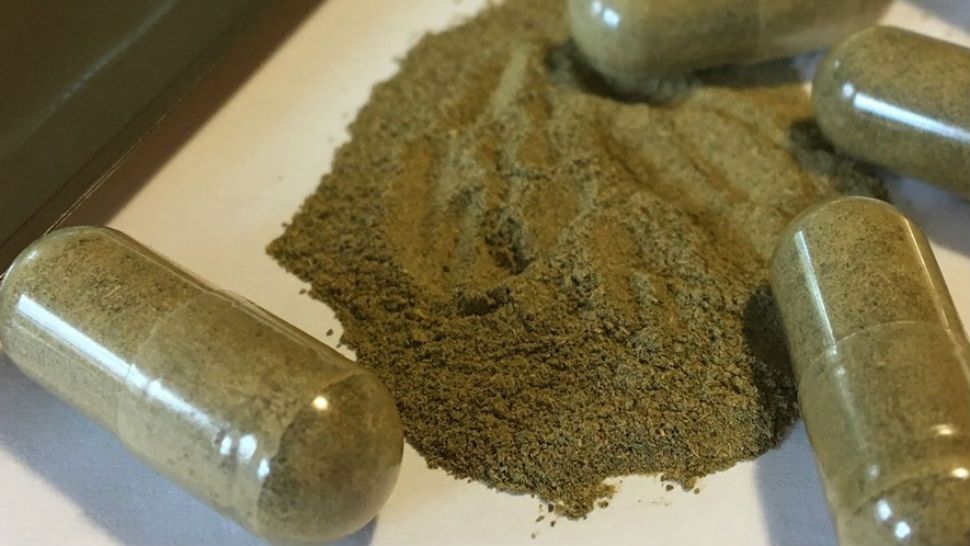NATIONWIDE — The Food and Drug Administration ordered a mandatory recall Tuesday of kratom products distributed by one company that may be contaminated with salmonella.
The FDA said it’s the first time it has used its mandatory recall power for a food product after first trying to get the company to voluntarily take the products back. For years, consumer advocates and members of Congress say the organization moves too slowly to recall potentially contaminated foods.
Two samples of kratom products manufactured by Triangle Pharmanaturals of Las Vegas, Nevada, sold through the retail location Torched Illusions in Tigard, Oregon and collected by the Oregon Public Health Division, tested positive for salmonella last month, as did four additional samples of various types of kratom product associated with the firm collected by the FDA.
While investigating a multi-state outbreak of salmonella infections linked to kratom products in February, in conjunction with local officials, investigators were denied access to the company’s records relating to potentially affected products and Triangle employees refused attempts to discuss the agency’s findings.
“We continue to have serious concerns about the safety of any kratom-containing product and we are pursuing these concerns separately. But the action today is based on the risks posed by the contamination of this particular product with a potentially dangerous pathogen. Our first approach is to encourage voluntary compliance, but when we have a company like this one, which refuses to cooperate, is violating the law and is endangering consumers, we will pursue all avenues of enforcement under our authority," said FDA Commissioner Scott Gottlieb, M.D.
What is kratom?
Mitragyna speciosa, commonly known as kratom, is a plant that grows naturally in Thailand, Malaysia, Indonesia and Papua New Guinea. Importantly, the FDA advises consumers to avoid kratom or its psychoactive compounds, mitragynine and 7-hydroxymitragynine, in any form and from any manufacturer.
How is it taken?
According to KratomNews.com, in its native region, kratom leaves are often chewed fresh (usually after removing the stringy central vein). Dried leaves can also be chewed, but since they are a bit tough, most people prefer to crush them up or powder them so that they can be swallowed easily.
Powdered kratom can be mixed with liquids and then drank. Powdered kratom can also be made into a paste that can easily be swallowed with water. It can also be put into capsules. Dried kratom leaves are often made into a tea that is strained and then drunk.
Is kratom safe? Where is it sold?
The agency also has received concerning reports about the safety of kratom, including deaths associated with its use. There is strong evidence that kratom affects the same opioid brain receptors as morphine and appears to have properties that expose people who consume kratom to the risks of addiction, abuse and dependence. The agency also remains concerned about the use of kratom as an alternative to FDA-approved pain medications or to treat opioid withdrawal symptoms, as neither kratom nor its compounds have been proven safe and effective for use.
Kratom, since it is not illegal yet, is sold primarily in head shops. It can also be purchased, unregulated, online.



